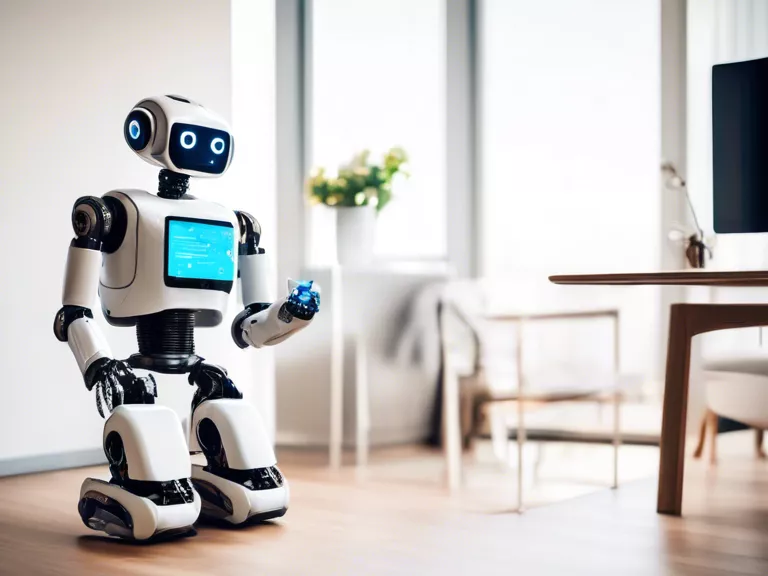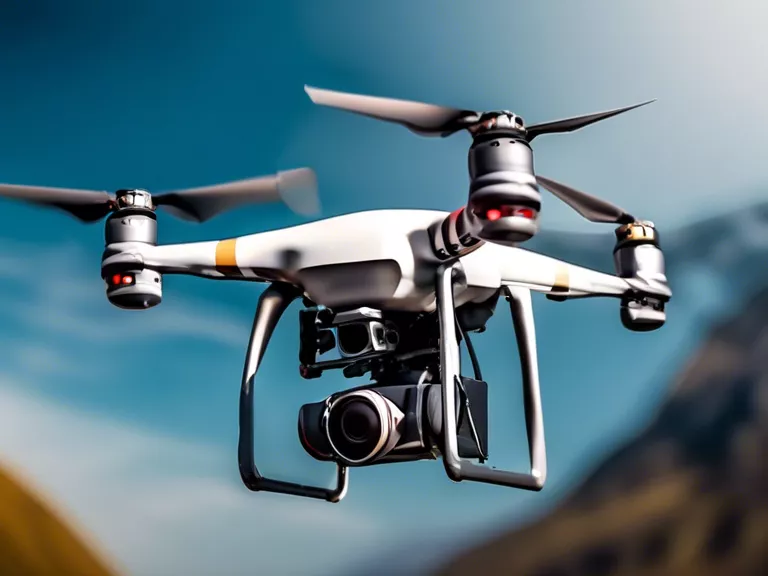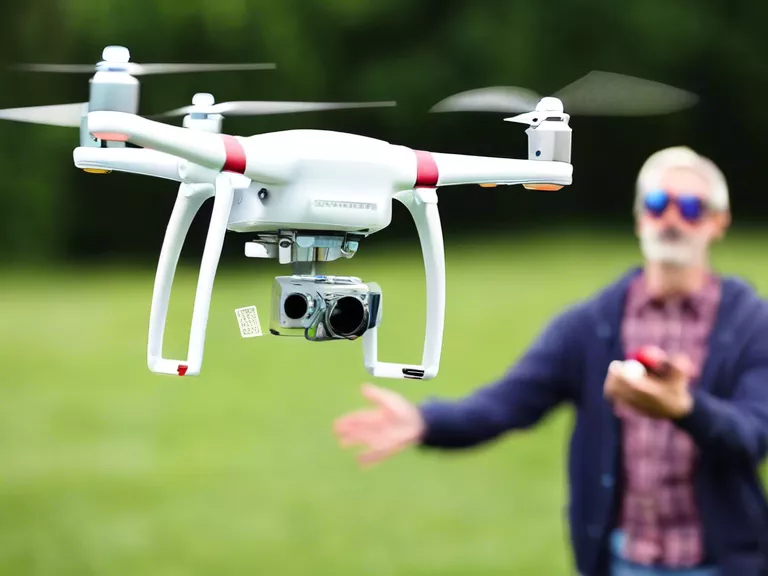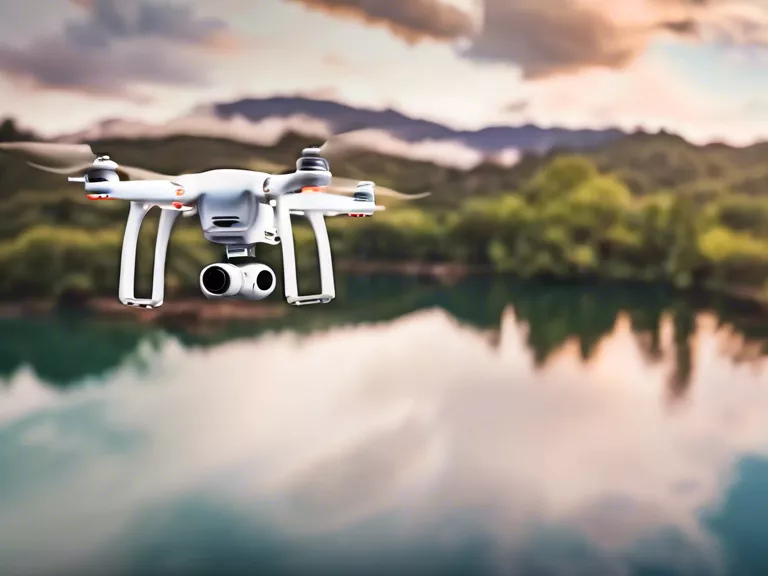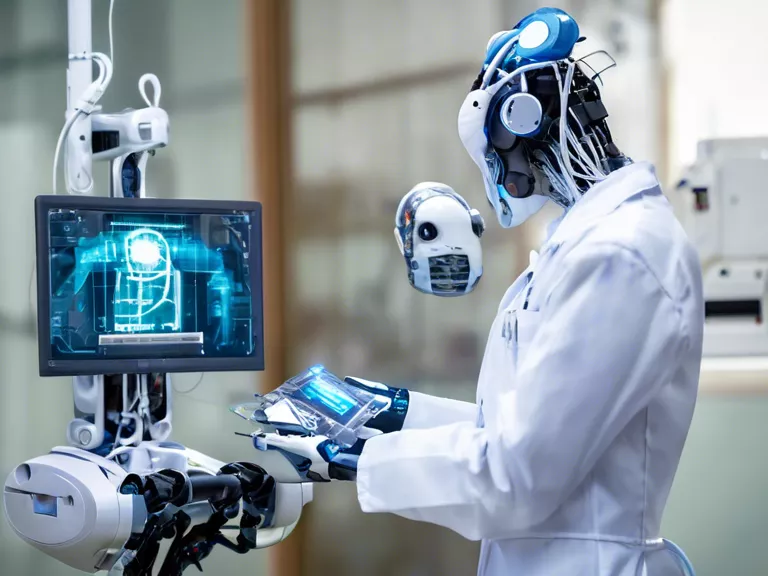
In recent years, there has been a growing trend towards the integration of robotics in healthcare and industry. From performing surgeries with precision to automating repetitive tasks in factories, robots are revolutionizing the way we do things. Let's explore the future of robotics in these sectors and how they are reshaping the landscape.
In healthcare, robots are playing an increasingly important role in assisting doctors and surgeons in complex procedures. Surgical robots like the Da Vinci Surgical System have become a staple in many operating rooms, enabling surgeons to perform minimally invasive surgeries with greater accuracy and control. As technology advances, we can expect to see more sophisticated medical robots that can perform tasks beyond what human hands can achieve.
In addition to surgery, robots are also being used in rehabilitation and caregiving. Robotic exoskeletons are helping patients regain mobility after injuries or strokes, while companion robots are providing social and emotional support to the elderly. These advancements are helping to improve patient outcomes and reduce the burden on healthcare workers.
In the industrial sector, robots have long been used to automate production lines and increase efficiency. With advancements in artificial intelligence and machine learning, robots are becoming more intelligent and adaptable. Collaborative robots, or cobots, are working side by side with human workers, taking on repetitive or dangerous tasks to enhance safety and productivity.
The future of robotics in healthcare and industry is bright, with endless possibilities for innovation and growth. As robots become more integrated into our daily lives, it is essential to address ethical and safety concerns to ensure their responsible use. By working together, researchers, engineers, and policymakers can harness the power of robotics to drive positive change and improve the quality of life for all.
